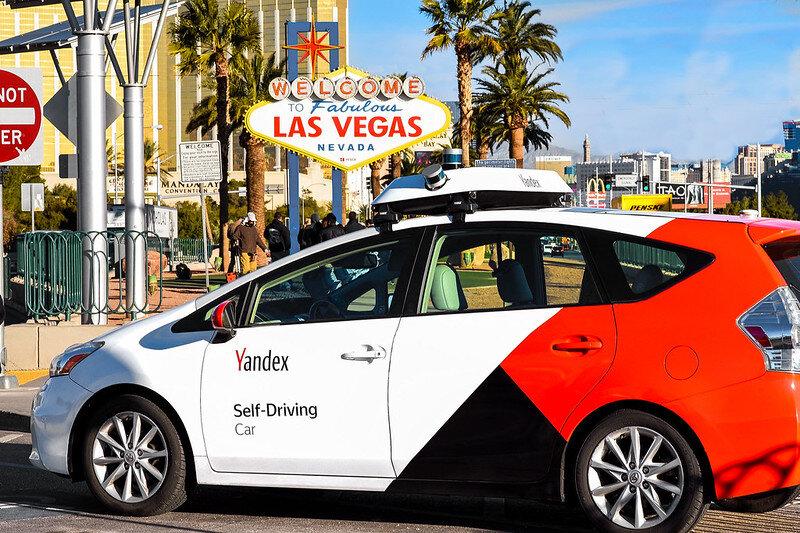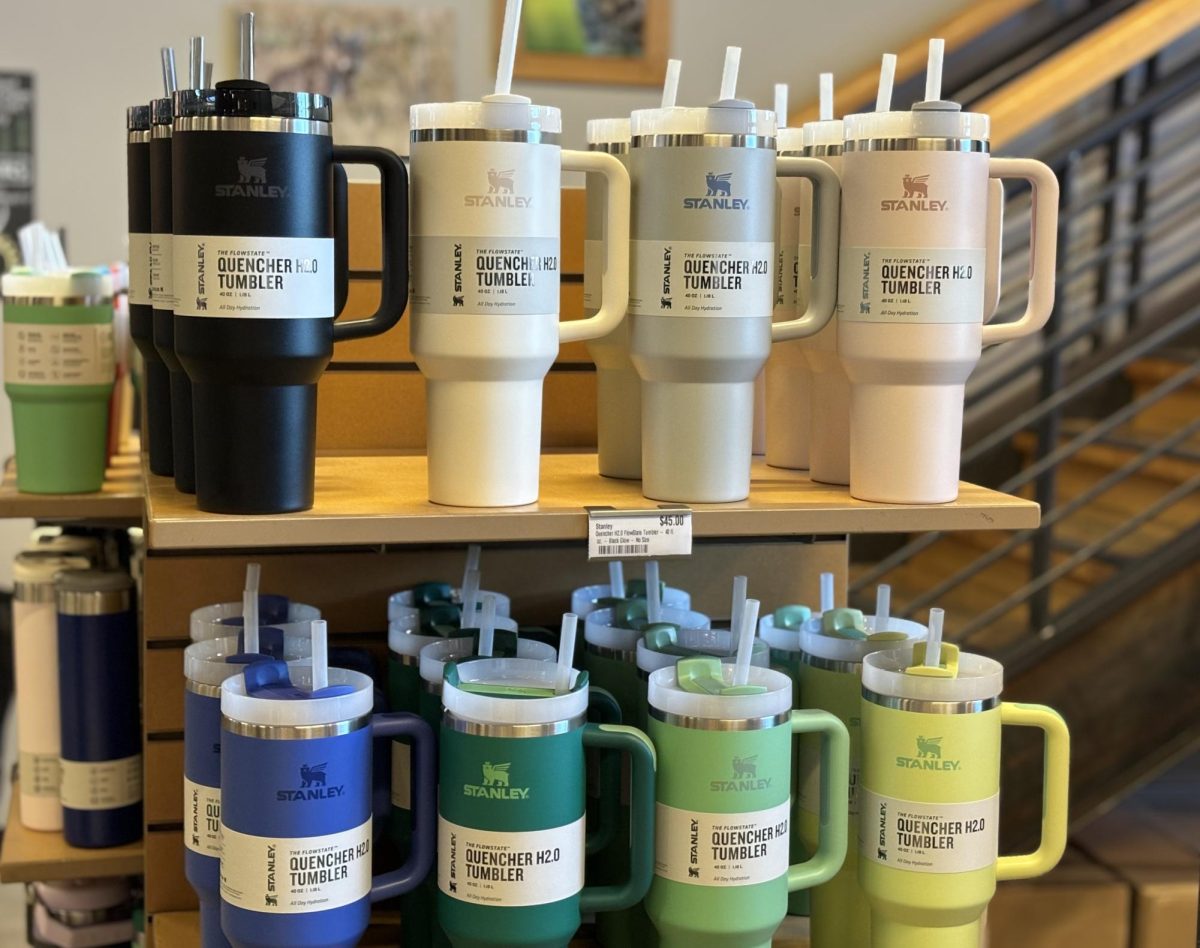Last week, auto giant Volvo announced a partnership with a San Francisco based automation startup company called Aurora. This is just the latest partnership between global heavy truck manufacturers and technology companies in a push to develop self-driving systems for trucking freights, a reality that is predicted to come to fruition long before self-driving ‘robotaxis’.
Aurora, an Amazon backed company stacked with high profile executives hailing from Uber, Alphabet, and Tesla, aims to deliver self-driving technology “safely, quickly and broadly.” Estimates from the news program 60 Minutes predict that self-driving trucks with no driver behind the wheel will be on the road as soon as later this year.
This may seem startling to some, but the push for self-driving machines has been on the rise for over a decade with an extra push coming from pandemic related online retail activity.
Trucking is just one of a plethora of industries predicted to be gravely affected by the advancement in automation. The World Economic Forum predicts that “75 million jobs will be displaced by artificial intelligence, robotics, and automation.” Other industries that are vulnerable include healthcare, hospitality, education and agriculture.
Online publication Robotics Business Review predicts that 38% of US jobs across all sectors could be at risk by 2030 thanks to automation.
The push for autonomous trucking became a focus–in part, from a chronic shortage of drivers and a boom in ecommerce, exacerbated by the pandemic. The pandemic was the catalyst to an increase of approximately $105 billion in ecommerce revenue, just in the U.S., according to online publication Digital Commerce 360.
There is also a focus on creating self-driving semi-trucks because they are simpler to facilitate than self-driving cars. Semi-trucks delivering goods generally travel on large, well-mapped interstate routes and deliver to equally well-mapped locations, unlike the complex network of roads a self-driving car would be expected to handle.
While most college graduates probably weren’t planning on becoming semi-truck drivers, the rapid adoption of A.I. into this industry stands as a powerful example of what lies ahead. Job security, in multiple sectors, may not be a secure thing at all.
What can we do at SSU to prepare for the inevitable loss of certain jobs to a future society of automation? The University can provide incentives for all current and prospective students to continue to expand on their critical thinking skills.
Professor of Engineering Science, Sudhir Shrestha, said it is important for students to prepare for the future by “…develop[ing] skills that outlast any technology, learning to learn, critically think, communication, leadership, management, creativity… learn to adapt in a dynamic environment.”
Director of the Electrodynamics Engineering Lab Mohamed Salem reiterated this point saying, “An integral part of SSU [is for] students to learn how to become life-long learners. This means that students do not only learn certain topics, techniques, and subjects, but they also learn how to acquire new knowledge, form sound opinions, and make rational decisions when the need arises. The life-long learning aspect of education gives them the ability to adapt when certain changes occur in the job market.”
The University can advocate for incentives for workers in fields such as transportation or manufacturing, who are displaced by technological unemployment, to attend college. The trucking industry, for example, is made up of a whopping 91% of workers without a college degree. SSU could potentially incentivise those individuals to earn a college degree.
Shrestha pointed out that training might not provide complete support for all displaced workers. He said, “Many say, ‘train the workers in the new industry.’ Which is reasonable. But there will still be some who won’t be able to find jobs at all. They will need to be supported in some other ways.”
One of the ways to support all workers is to advocate for policies like Universal Basic Income (UBI), as we live through a period of great technological transition.
Former 2020 Presidential candidate Andrew Yang proposed a “Freedom Dividend,” for every American adult, a UBI of $1,000 a month as a response to job displacement by automation. Yang believed that UBI was a more viable option as opposed to complete retraining because studies showed that retraining of displaced manufacturing workers in the Midwest had success rates of 0–15%. Candidates and policies like this are essential to ensuring no worker is left behind during the transition.
The pandemic led to an increase in direct payments to American’s in need, similar to UBI, and we can use that mentality to continue to give aid to Americans whose jobs have been replaced by automation.
While jobs may be lost for some sectors, there are still great opportunities for SSU students to work in newly developing fields and work with automation, instead of against it.
Farid Farahmand, chair of the SSU Department of Engineering Science, said that a main focus of the program was ‘to make sure our students are well-prepared and fully confident to apply for these high-paying jobs.”
He said, “For many of our engineering students at Sonoma State University, the future is now. Over the past several years many of our students have been gaining hands-on research experience with various projects related to unmanned aerial vehicles (drones) and…autonomous vehicles.”
SSU students in the Engineering Department recently earned two first place awards for their research project and presentation on “Autonomous Recharging of Aerial Vehicles.” The project was one of 190 student research presentations across the California State University system.
Shrestha encouraged the idea that automation will open doors to SSU students. “Automation will also create new jobs. More automation equals higher productivity, which creates a more vibrant economy and more jobs. Besides technical fields that are directly related to automation, demand for many other sectors, including service and arts related skills, will probably go up.”
We should continue to encourage students to not push against automation, but to lean into it. If we as students are prepared with adaptation and critical thinking skills, we will be able to tackle whatever job market the future holds.





![[Both photos courtesy of sonoma.edu]
Ming-Ting Mike Lee stepped in as the new SSU president following Sakakis resignation in July 2022](https://sonomastatestar.com/wp-content/uploads/2024/04/CC4520AB-22A7-41B2-9F6F-2A2D5F76A28C-1200x1200.jpeg)



























